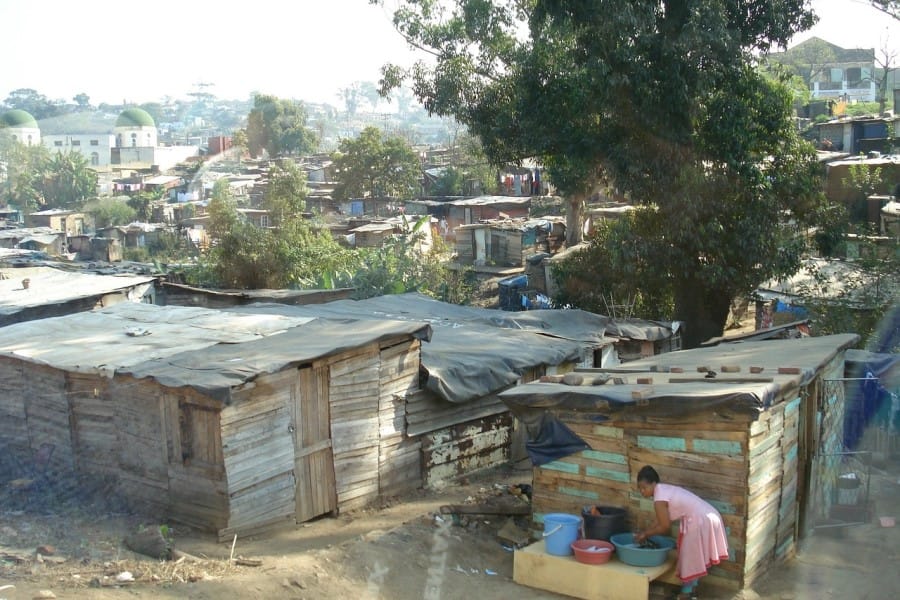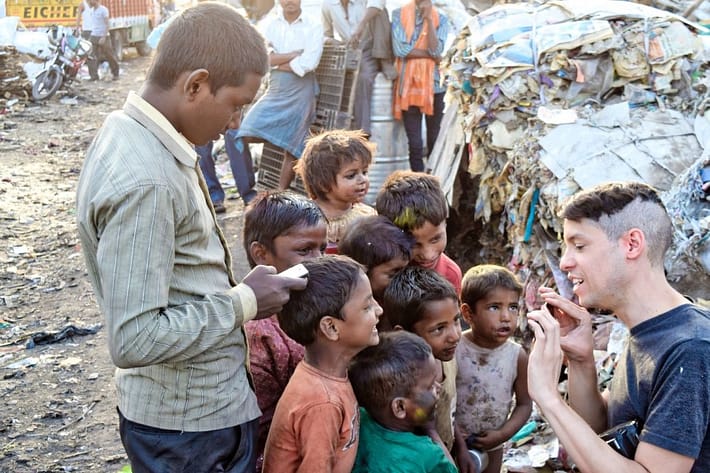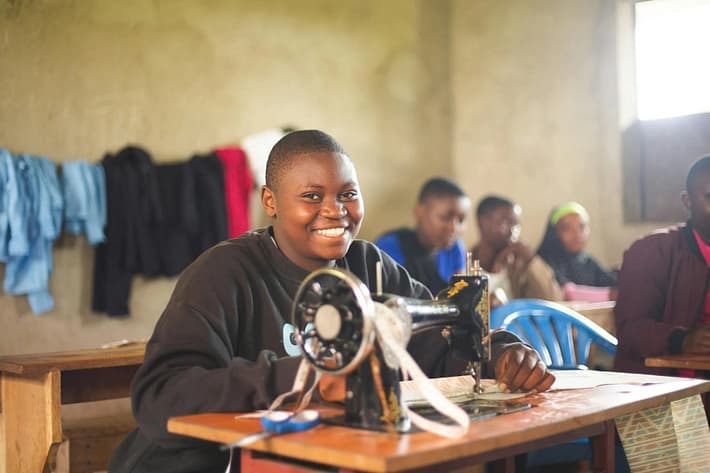25 Shocking Facts About Global Poverty

Global poverty remains one of the most significant challenges facing humanity today. Despite progress in some areas, millions of people around the world continue to live in conditions of extreme deprivation. Here are 25 shocking facts about global poverty that highlight the urgency of addressing this critical issue.
1. Extreme Poverty Rates
Over 700 million people, or about 9% of the global population, live in extreme poverty, surviving on less than $1.90 a day.
2. Child Mortality
Approximately 15,000 children under the age of five die every day, often from preventable causes related to poverty, such as malnutrition, lack of clean water, and inadequate healthcare.
3. Hunger and Malnutrition
Nearly 821 million people worldwide are undernourished, with hunger and malnutrition affecting one in nine people on the planet.
4. Lack of Clean Water
About 785 million people do not have access to basic drinking water services, forcing them to rely on potentially unsafe sources.
5. Sanitation Issues
Over 2 billion people lack access to basic sanitation facilities, such as toilets or latrines, contributing to the spread of disease.
6. Education Disparities
Around 258 million children and adolescents are out of school, often because of poverty-related barriers such as the need to work, lack of educational infrastructure, and gender discrimination.
7. Gender Inequality
Women and girls are disproportionately affected by poverty. They face higher rates of discrimination and violence and have less access to education, healthcare, and economic opportunities.
8. Impact of COVID-19
The COVID-19 pandemic has pushed an estimated 97 million more people into extreme poverty, reversing years of progress in poverty reduction.
9. Global Wealth Inequality
The world’s richest 1% own more than twice as much wealth as 6.9 billion people combined, highlighting the vast disparities in global wealth distribution.
10. Urban Slums
Over 1 billion people live in slum conditions in urban areas, lacking access to basic services such as clean water, sanitation, and secure housing.
11. Child Labor
Approximately 152 million children are engaged in child labor, with many working in hazardous conditions to support their families.
12. Food Insecurity
In many developing countries, more than 40% of children under the age of five are stunted due to chronic malnutrition.
13. Healthcare Access
Nearly half of the world’s population lacks access to essential health services, often due to poverty and geographic barriers.
14. Energy Poverty
About 759 million people lack access to electricity, hindering their ability to improve living conditions and economic opportunities.
15. Refugee Crisis
There are over 26 million refugees worldwide, many of whom have been displaced due to conflict and poverty, living in precarious conditions without stable access to basic needs.
16. Agricultural Dependence
More than 70% of the world’s poor live in rural areas and depend on agriculture for their livelihoods, often struggling with low productivity and lack of access to markets.
17. Impact of Climate Change
Climate change disproportionately affects the poor, who are more vulnerable to extreme weather events, rising sea levels, and environmental degradation.
18. Lack of Financial Services
Around 1.7 billion adults do not have access to a bank account, limiting their ability to save, borrow, and invest in their futures.
19. Inequality in Education
In low-income countries, just 20% of primary school-aged children achieve minimum proficiency in reading, compared to 80% in high-income countries.
20. Economic Growth and Poverty
Economic growth alone is not enough to reduce poverty significantly. Inequality needs to be addressed to ensure that the benefits of growth are widely shared.
21. Healthcare Costs
Out-of-pocket healthcare expenses drive around 100 million people into extreme poverty each year, as they struggle to pay for medical treatment.
22. Access to Technology
Over 3 billion people, mostly in developing countries, still do not have access to the internet, limiting their ability to access information, education, and economic opportunities.
23. Income Inequality
In many developing countries, the richest 10% of the population earn up to 40% of the national income, while the poorest 10% earn as little as 2%.
24. Child Marriage
Poverty is a major driver of child marriage, with 12 million girls married before the age of 18 each year, often leading to health risks and limited educational and economic opportunities.
25. HIV/AIDS
Sub-Saharan Africa, the region most affected by HIV/AIDS, is also one of the poorest regions in the world, with the epidemic exacerbating poverty by reducing the workforce and increasing healthcare costs.
Facts About Global Poverty Conclusion
These shocking facts highlight the pervasive and multifaceted nature of global poverty. Addressing this complex issue requires coordinated efforts from governments, NGOs, the private sector, and individuals. By understanding the depth and breadth of poverty, we can better advocate for and implement solutions that promote equity, sustainability, and human dignity.
Help Us Fight Global Poverty
At End Poverty Now, our ability to make a difference hinges on the kindness of donors like you. Your support provides crucial resources, opportunities, and hope to those in need. Whether you choose to make a one-time donation or become a recurring donor, every contribution helps us on our mission to end extreme poverty.
End Poverty Now welcomes cash donations, but we also specialize in accepting donations of hard-to-sell assets such as real estate, aircraft, vehicles, and boats. These contributions help fund projects dedicated to alleviating poverty both domestically and internationally. Please see how you can help end poverty and thank you for considering us in your philanthropic efforts.
End Poverty Now is a 501c3 nonprofit charity accepting cash donations and specializing in donations of hard-to-sell assets such as real estate, aircraft, vehicles, and boats to fund projects aimed at fighting poverty at home and abroad.


